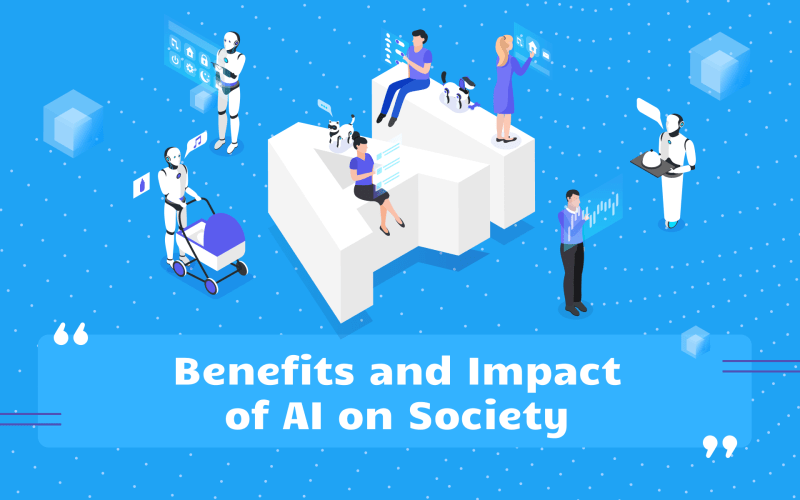Overview ‹ AHA: Advancing Humans with AI — MIT Media Lab
Advancing Humans with AI (AHA) is a multi-faculty research program that aims to understand the human experience of pervasive AI and design the interaction between people and AI to foster human flourishing. The program creates a larger effort around the design of human-AI interaction, informed by a deep understanding of human needs and behavior. By closely collaborating with AI developers and other stakeholders in a culture of prototyping and experimentation, we aim for this research to have real-world impact and move AI deployments in a direction benefiting humanity. AI is not just an engineering challenge, it is also a human design problem. For AI to live up to its lofty expectations and benefit humankind, it is important that we not just optimize AI itself and make it more accurate and safe, but that we also understand how people respond to interaction with AI and how we best design that interaction so people and humanity benefit.
The AHA program is excited to announce its inaugural symposium with a goal of discussing what is arguably one of the most important questions of our time: What future with AI do we want to live in and how can we design and deploy AI that improves the human experience?
Rapid Development in AI
We are in a period of rapid development in AI, with most of that development happening in industry rather than academia. Developers of foundational AI models and applications are in a race to reach AGI, spending most of their energy and attention on engineering challenges and optimization of AI models. While they are focused on issues such as improving accuracy, efficiency, safety and reducing bias, they devote less attention to understanding how people respond to interacting with seemingly intelligent systems and how to best design models, interfaces and applications to maximize desired human outcomes.

Having AI at one's fingertips could lead to overreliance on AI, manipulation and misinformation, dependence and loss of skills, as well as unhealthy emotional attachments to AI chatbots. In addition, many fear AI may lead to negative mental health outcomes and societal disruption as people gradually are surpassed by AI in the highest intellectual endeavors including creativity, discovery, reasoning, and problem-solving. The AHA program aims to understand people’s responses to AI in the shorter and longer term, with the aim of designing AI such that people maintain agency and meaning as well as healthy social networks.
Aims of the AHA Program
The goals of the AHA program are ambitious and multifaceted. We aim to establish a new research field and community dedicated to the study of human augmentation with AI that pursues the following methods of inquiry:
Invent
Invent new models, methods, and interfaces that elevate people: Develop novel methods and techniques for interaction with AI that increase human capabilities, agency, and flourishing.
Investigate
Investigate the positive and negative impact of AI use: Study how design choices for interactive AI affect people's behavior and experience, both positively and negatively.

Inspire
Inspire potential futures and applications: Design and deployment of novel AI experiences that augment people and their ability to unlock their full potential.
A key objective is to bridge the gap between AI developers, the academic research community, industry, and target AI users by fostering an environment of joint design, experimentation, and knowledge-sharing that benefits all. We are committed to creating tangible, open AI technologies and solutions—tools, models, prototypes, methods, datasets, best practices, open-source projects, and even startups / spinoffs—ensuring the initiative has practical and meaningful impact.
Moonshot Goals of the AHA Program
The Atlas of Human-AI Interaction maps comprehensive data on how humans engage with AI systems across various contexts to understand intera…Workshop dates: September 17-18, 2025. Deadline for application: August 1, 2025. We aim to develop a series of benchmarks that provide r…The Global Observatory monitors worldwide impact of AI adoption across cultures, tracking both positive and negative outcomes such as over-…

Apart from the program’s research activities centered at the MIT Media Lab, a series of events and communications of the program aim to foster broader discussion and awareness and invite collaboration and innovation with multiple stakeholders.
Supporting the AHA Program
The AHA program is structured to foster open collaboration and innovation while empowering supporters to direct some of the research and be more closely involved. Corporations, foundations, and individuals have multiple opportunities to support the program and get involved.
For more information, please contact [email protected].
Massachusetts Institute of Technology
School of Architecture + Planning










